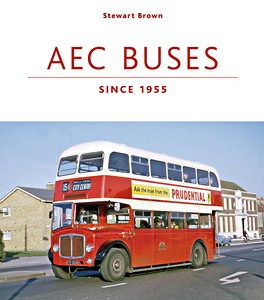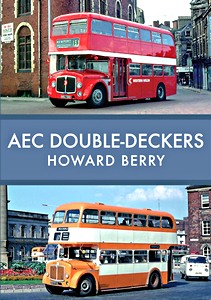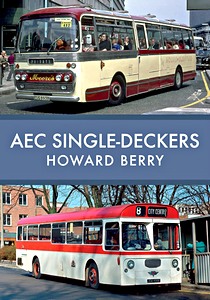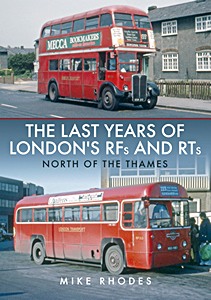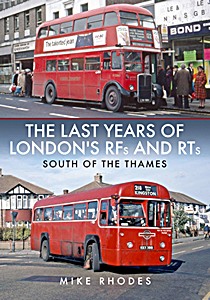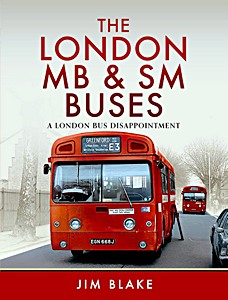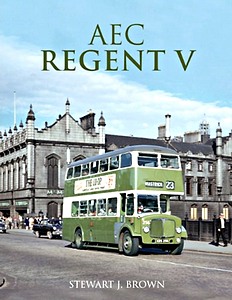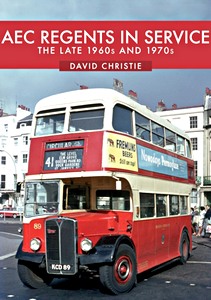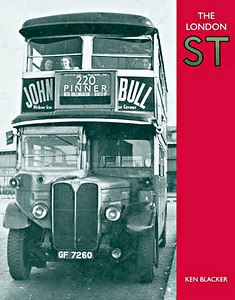The AEC Story - from the Regent to the Monarch
From 1929 until 1979, a succession of buses and trucks trundled out of the AEC works in Southall, Middlesex. The company was responsible for the successful Routemaster double-decker buses, used by London Transport, as well as numerous other bus and lorry designs. In this volume Brian Thackray examines in some detail the AEC's passenger and commercial vehicle designs of the early and middle 1930s.
The spotlight also falls on the development of the high-speed oil engine and the less familiar military and off-road designs as well as the railcars built for the Great Western Railway. This is a book of interest to people who once worked in the factory, which closed down in 1979, and to those with an interest in British buses and commercial vehicles.
Product details
| Author: | Brian Thackray |
|---|---|
| Details: | 256 pages, 9.7 x 6.9 x 0.67 in (24.5 x 17.5 x 1.7 cm), paperback |
| Illustrations: | 152 photos |
| Language: | English |
| Publisher: | Amberley Publishing (GB, 2012) |
| ISBN: | 9781445603902 |
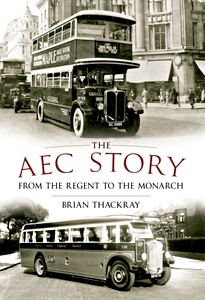
The AEC Story - from the Regent to the Monarch
Language: English
View price, availability, and reviews on Amazon
Buy on Amazon.comBuy on Amazon UK
Buy on Amazon CA

